2 August 2021
Mihai Dumitru
Interview
Interview on the occasion of 2 August 2021, Holocaust Memorial Day for Sinti and Roma
- Kàko, sar si to anav?
- Dumitru, Mihai Dumitru.
- Aj sode berśenqo san?
- Enǎ-var-deś ta panʒ. Tradie sas Tut vi Tut and-i "Rusìa", and-i Transnìstria?
- Va, sìmas. Sìmas and-o Trei Dube, and-i Libașovca, and-o Crivoi Oziero. Thovde man zorǎça kothe te kerav butǐ duj berś aj dopaś. Thovde sas amen othe and-o luva, kaj sas 3-4 mìje famìlie, naśti ʒas sas savorrenθe ande jekh děs. Amare Rroma mule bi momelěnqo, aj aćhile bi praxome. Kana arakhàvas, praxòvas len. And-o sungalo nilaj, akala luva phagǒnas, o ćatlo sas kerdo kaśteça. Bilǒlas o iv, sas jekh iven ivalo, aj o kaśt perèlas p-o murśa, p-o ʒuvlǎ aj p-o ćhave. Aj merènas andre. Merènas kothe andre. A khonik na inkalèlas len avri. Kon ka inkalèlas len?
- Sènas bari famìlia?
- Sàmas bari famìlia.
- Sode ʒene sènas?
- "Sas mo dad, mi dej, me phrala save mule kothe, tal-o bòmbe." Amen pekàsas bòbo p-i jag, jekh bombardièri dikhlas amen opral aj chivda bòmbe pe lenθe.
- Aj kon mulo?"
- Mo dad, mi dej mule othe, me skapisàilem. But Rroma mule, but Rroma mule ... But mule bokhatar. But mule ćorrimasθar, kotar o tìfos. Tikne ćhavorre mule, nas sar te barǎren len. Rromnǎ, terne ćhaja inkliste and-o droma. Sas jekh veś kaj kerdom butǐ aj kiravàvas ande jekh kakàvi. Aj kotar odoja kakàvi jekh Rrom amarenθar, jekh phuro Rrom, lias xabe aj ćhuta jekh cèrra e tiknenqe, e ʒuvlěnqe, savorrenqe. Xalǎm kothe. Phares sas. Te na marel o Del khanikas sar marda amen. Mo dad aj mi dej mule othe, me duj phrala aj me pheja maj purane.
- Te ćhave ʒanen so cirdian and-i Transnìstria.
- Ʒanen.
- A te unùkǎ ʒanen?"
- On na ʒanen! On na ʒanen. Na ʒanen khanć!
– Dimitru, Mihai Dimitru.
– And how old are you?
– Ninety-five.
– Were you also deported to “Russia”, to Transnistria?
– Yes, I was. I was in Trei Dube, Libașovca, Crivoi Oziero. I [forced] to work there for two and a half years.
– They put us in huts there, we were 3-4 thousand families, you couldn’t circle them one day.
– Many died, their dogs ate them.
– Our Roma ate the corpses, they died without candles, without being buried. Where I found them, I buried them.
– In the spring these huts began to crumble, the [roofs] were made of wood. The snow had melted, it was a snowy winter, and the wood fell on men, women and the children.
– And they died inside.
– They died inside. And no one had taken them out. Who was going to get them out anyway?
– Were you a big family?
– We were a big family.
– How many members were you?
“It was my father, my mother, my brothers who died there in the bombing.” We were cooking corn on the fire, a bomber saw us from above and bombed them.
“And who died?”
– Papa, mama died there, I fled. Several Roma died, many Roma died …
– Many died of hunger.
– Many died of misery, of typhus.
– Little children died, they could no longer be taken care of.
– Women, young women fell in the streets.
“There was a forest where I worked and cooked in a cauldron.” And from this cauldron a Roma of ours, an old man, took out food and poured some for the children, the women, for everyone. We ate there. We had it bad. Hope God doesn’t punish anyone like he punished us.
– My father and mother died there, my two brothers and my elder sisters.
– Your children know what you experienced in Transnistria.
– They know.
“But do the grandchildren know?”
– They don’t know!
– They don’t know.
– They don’t know anything!
Mothovimàta e genocidesqe praʒivdenqe
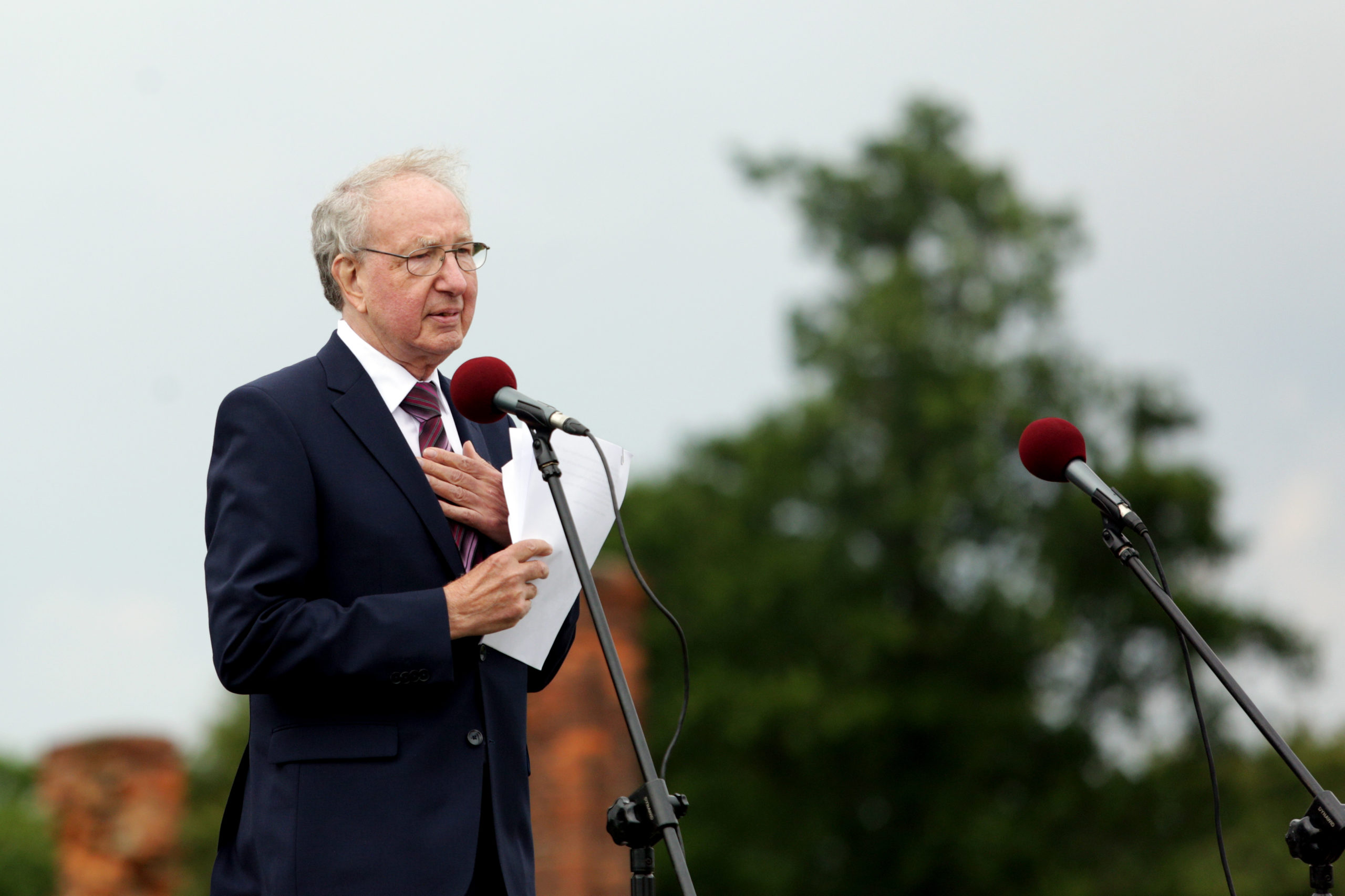
Werner Friedrich
Praʒivdi e genocidesqi
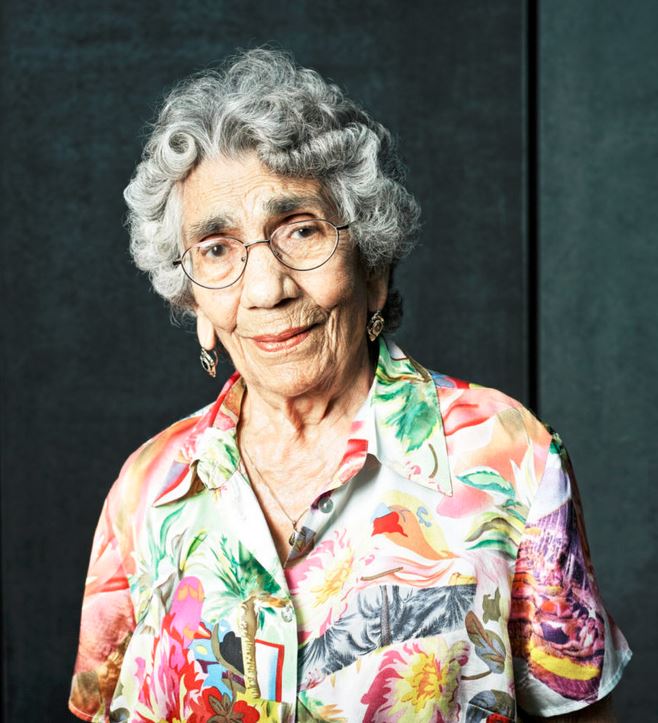
Zilli Schmidt
Praʒivdi e genocidesqi
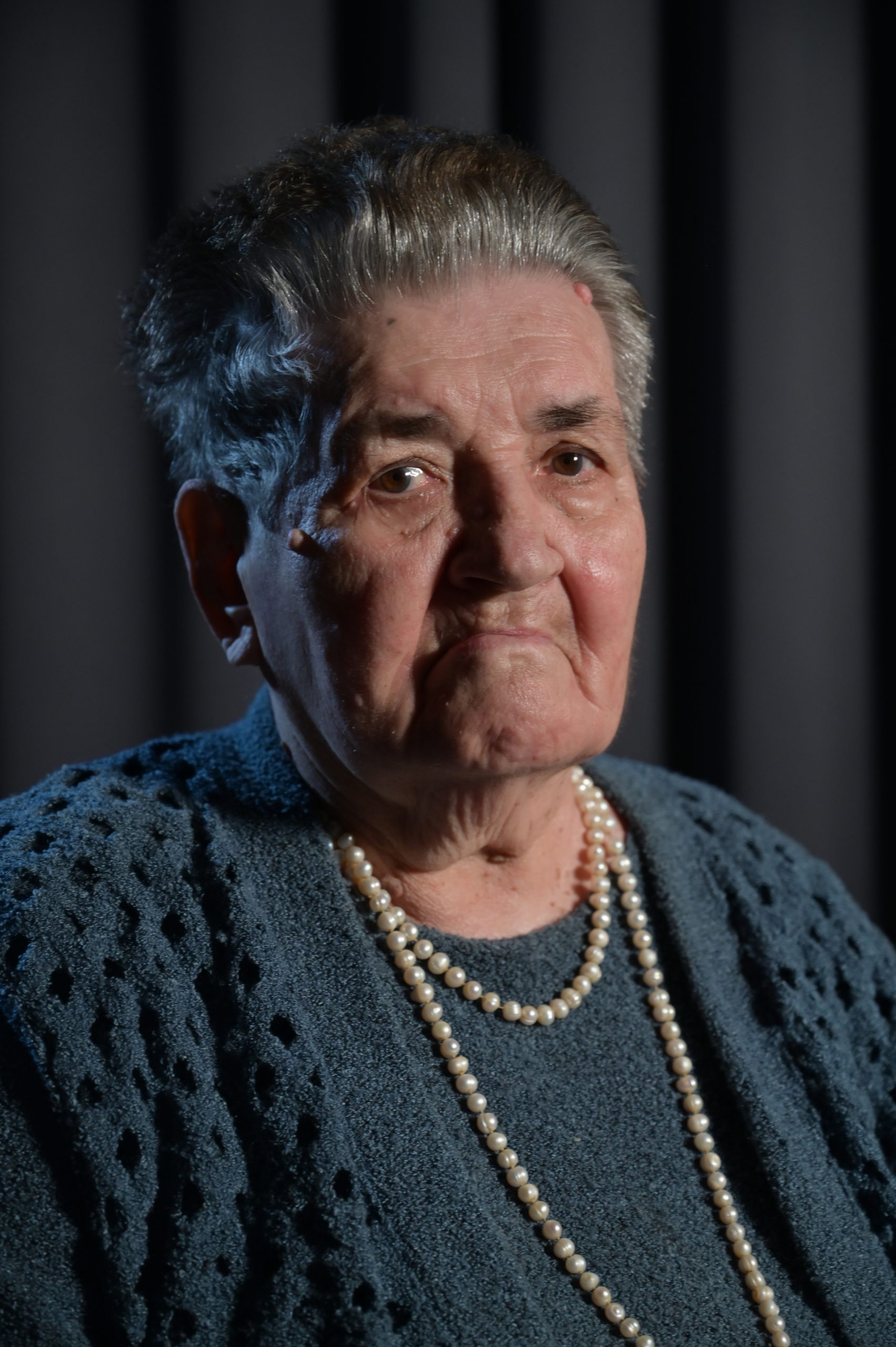
Krystyna Gil
Praʒivdi e genocidesqi
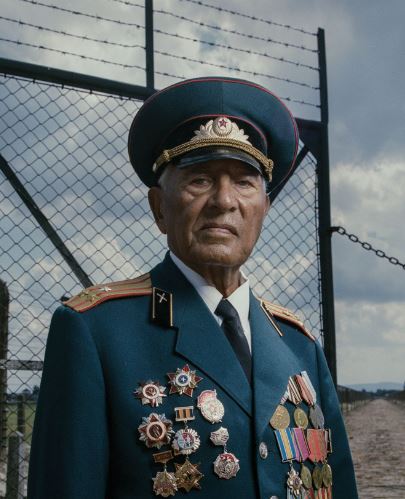
Ivan Bilashchenko
Praʒivdo kotar o genocìdi aj xelado anglal and-i Loli àrmia
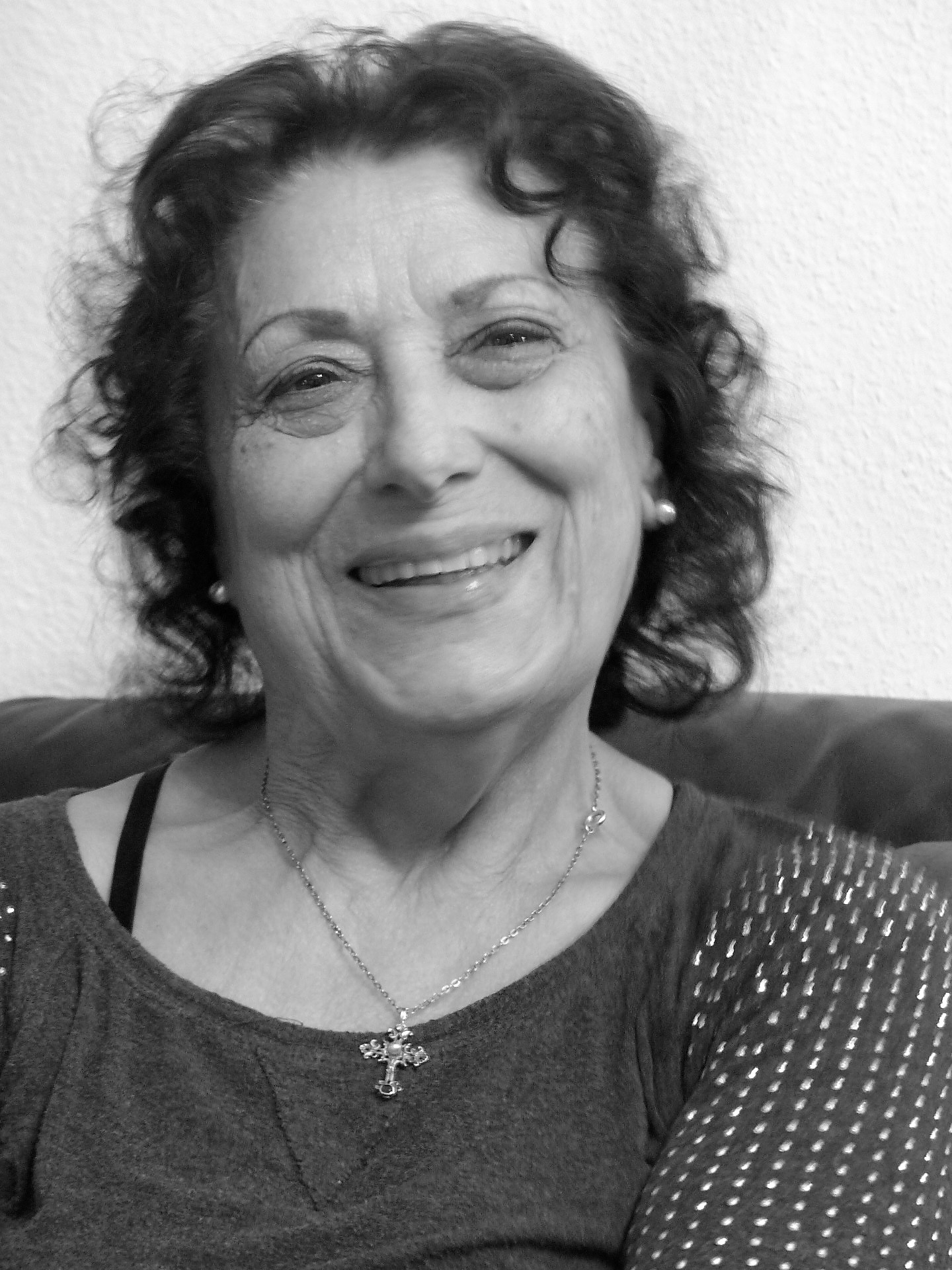
Rita Prigmore
Praʒivdi e genocidesqi










